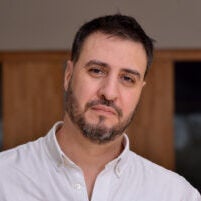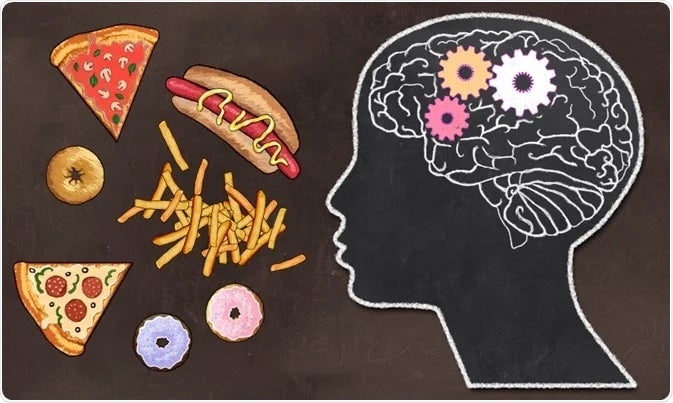About the July 20th forum
Wednesday July 20th, 11AM – 12PM EDT
Watch the Forum:
Speaker bios
 Dr. Emilio J. Compte, PhD: Dr. Emilio J. Compte is a Researcher and Assistant Professor of the Eating Behavior Research Center of the School of Psychology at Universidad Adolfo Ibáñez (Chile), where he is also the Director of the master’s program in Eating Disorders. Dr. Compte also serves as Director of the Research Department at Comenzar de Nuevo Treatment Center (México). Dr. Compte holds an undergraduate degree in Psychology (Belgrano University, Argentina), a Specialization degree in Statistics for Health Sciences (University of Buenos Aires, Argentina), a master’s degree in Psychology Research Methods (University of Granada, Spain), and a Ph.D. in Clinical Psychology (Autonomous University of Madrid, Spain). In 2018-2019 he completed a postdoctoral visiting program from the Fulbright Commission at the University of California, San Francisco (USA).
Dr. Emilio J. Compte, PhD: Dr. Emilio J. Compte is a Researcher and Assistant Professor of the Eating Behavior Research Center of the School of Psychology at Universidad Adolfo Ibáñez (Chile), where he is also the Director of the master’s program in Eating Disorders. Dr. Compte also serves as Director of the Research Department at Comenzar de Nuevo Treatment Center (México). Dr. Compte holds an undergraduate degree in Psychology (Belgrano University, Argentina), a Specialization degree in Statistics for Health Sciences (University of Buenos Aires, Argentina), a master’s degree in Psychology Research Methods (University of Granada, Spain), and a Ph.D. in Clinical Psychology (Autonomous University of Madrid, Spain). In 2018-2019 he completed a postdoctoral visiting program from the Fulbright Commission at the University of California, San Francisco (USA).

Dr. S. Bryn Austin, ScD: Dr. Bryn Austin is an award-winning researcher, teacher, and mentor. She is Professor of Social and Behavioral Sciences at the Harvard Chan School of Public Health, Professor of Pediatrics at Harvard Medical School, and Research Faculty in the Division of Adolescent and Young Adult Medicine at Boston Children’s Hospital. She is the Founding Director of the Strategic Training Initiative for the Prevention of Eating Disorders (STRIPED). She is a social epidemiologist and behavioral scientist, and a unifying goal of her academic career has been to advance innovations in transdisciplinary science applied to eating disorders prevention and the study of health inequities adversely affecting sexual and gender minority youth. Across her research and teaching initiatives, her aim is to offer the kinds of mentorship and opportunities that will help the next generation of talented junior scientists excel in their pursuit of health equity for all.




